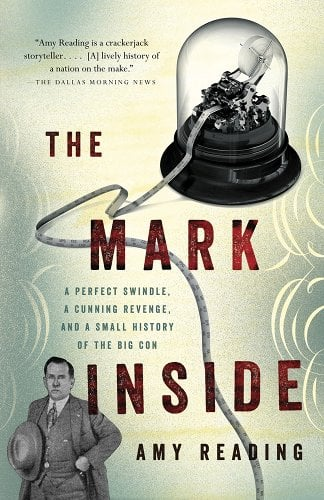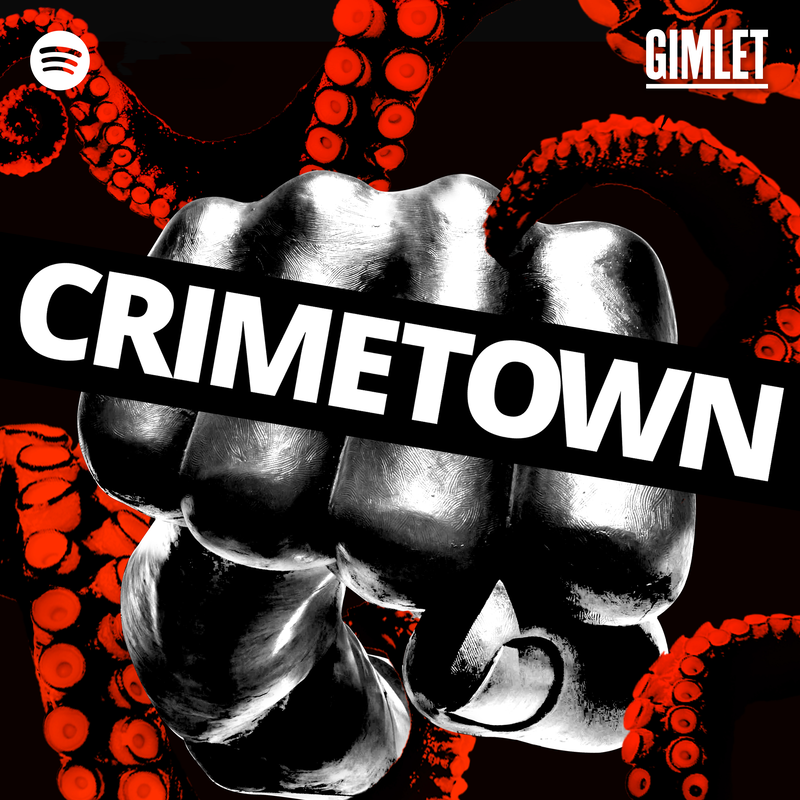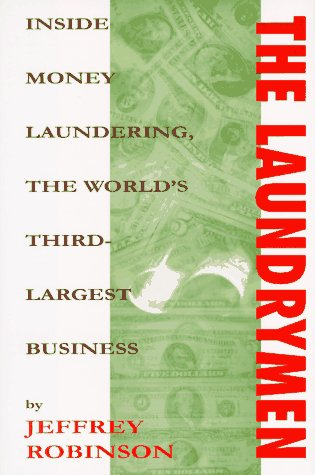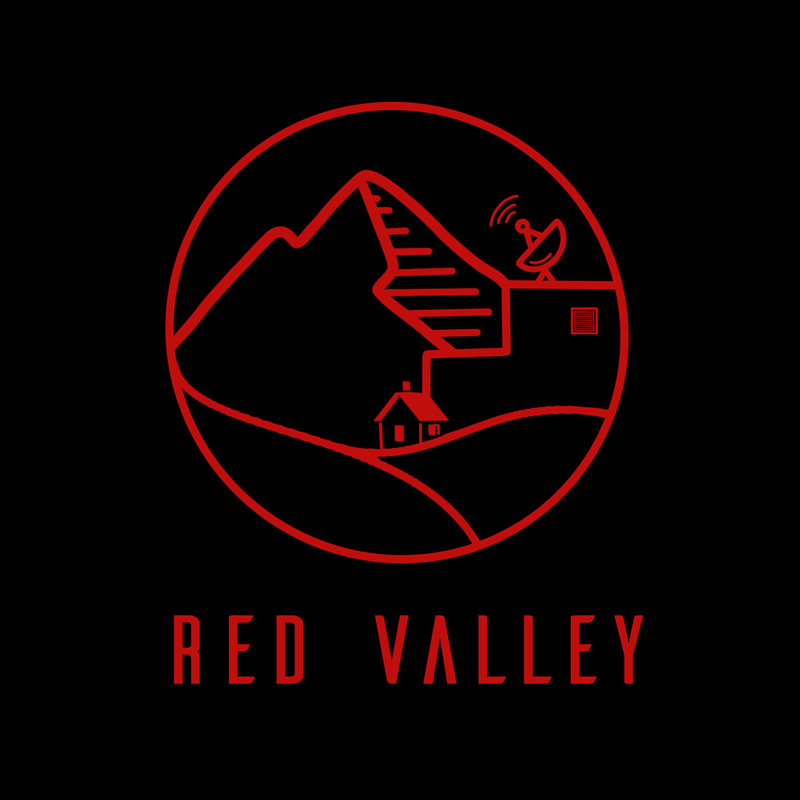Cons & Heists 101: Orientation
Thanks for waiting around, folks. The trial rolled right into prep -- I did the concept meeting for the season premiere of this season of LEVERAGE:REDEMPTION from the courthouse cafeteria, and finished writing it during lunch breaks. Luckily the hypercompetent crew and the very sturdy writing staff carried us through just fine. This is in fact the goal: if I do my job correctly, I could step in front of a bus, everyone's sad for a week, they dedicate the next episode to me and then they make three more seasons of the show. My rejection of auteur theory in television extends to my own necessity.
As the saying goes -- the cemeteries are full of irreplaceable men.
You've expressed interest in seeing some writing about cons and heists, and as the LEVERAGE humans are the only group who've written and produced over a 100 of these -- I adore WHITE COLLAR, but at its heart it's a cop show -- we've managed to boil down a lot of the challenges into solid if idiosyncratic structures. Much of what we're going to discuss in the posts on cons and heists can be found couched in tabletop roleplaying terms for an article I wrote for a FATE RPG supplement, Fate Worlds: Worlds in Shadow. At some point I'd like to write a screenwriting book that's not redundant with all the others, so these posts will be me teasing those ideas, originally compressed for gamers, into more fully explored forms. We'll see if there's enough for an actual text. Maybe it's just for you.
THE GENRE
In 1972 director Paul Shrader wrote one of the first serious American essays on the Film Noir genre. Its thesis statement?
"Film Noir is not a Genre."
This is the tricky bit, writing about cons and heists. Are they, technically, genres? What's a heist movie? The Italian heist flick BIG DEAL ON MADONNA STREET (1958) is a comic noir about a working class bunch of thieves cracking a local safe, but it has the exact same final goal -- get access to something people don't want us to have, hidden behind a physical obstacle -- as MISSION:IMPOSSIBLE - ROGUE NATION (2015). The "wrong floor" gag in the LEVERAGE pilot (2008) is used in MISSION:IMPOSSIBLE - GHOST PROTOCOL (2011). One could argue that three of the last five M:I movies were in fact con and heist movies in espionage settings, rather than spy movies with a soupçon of heist and con tropes.
Is ARMY OF THIEVES (2021) actually a heist movie? Dieter joins the team for the opportunity to crack the legendary safes, for his dedication to the art, not the loot, and is drawn out of his shell by his relationship with Nathalie Emmanuelle's Gwendoline. ARMY OF THIEVES is, at its heart, closer to VISION QUEST (1985) than THE ITALIAN JOB (either version). Is the TV show FIREFLY's episode "The Train Job" a reference to train heist movies or westerns that happen to have train robberies in them? Is the crime in THE THOMAS CROWN AFFAIR (1999) a con or a heist, or a mix?
If you're a LEVERAGE fan, and you see another con or heist show or movie, do you think "Oh, this is like LEVERAGE" if it doesn't also have the "vengeance against the rich guy" theme? In that case, isn't the unifying concept the Robin Hood aspect rather than the execution?
The point we're circling here (perhaps unconvincingly) is that cons and heists are more a style of problem solving that drop into other genres of stories than standalone genres. You may disagree. I respect that. But that's the useful frame, because what we want to do, what our goal is together, is to give you the tools to structure satisfying cons or heists as elements for whatever story you're writing. Whether it's "let's do the heist episode of our show this year" to "a fantasy novel structured around heist tropes" to "it's a classic con, with middle schoolers", you should have the tools to make THAT section of the story feel complete. That way you have a foundation to explore all the other elements of your story without worrying the heist or con will feel underbaked.
THE CRIMES
The con and the heist. A million variations boil down to one idea: someone has something you want, and they ain't gonna give it to you. How do you get it?
You take it without their permission. This is The Heist.
You trick somebody into giving it to you. This is The Con.
(There's also The Robbery, but that's a different bit of work).
For the sake of our discussion, Cons & Heists 101, we break each of these crimes down into three parts. Everything gets more complicated eventually, but here's your spine:
In a Heist we Run the House, Crack the Box, and Dodge the Heat.
In a Con we Hook the Mark, Bounce to the Sting, and Blow.
We'll go into detail on all this, along with the difference between the Score and the Mark, as the newsletter progresses. But this is a good start. When watching con and heist shows and movies, check out that structure. Note how it's executed. You can dance a lot of different ways on those two rails, but those are, in fact, the rails.
And you NEED ALL THREE BEATS in each story. For what it's worth, both inexperienced writers of con stories AND actual amateur con artists ... they always fuck up the Blow.
You'll note that many times there's a Con to get something you need for the Heist, or a Heist to get something you need to win over the Mark in a Con. But the end goal's the key, it's what defines whether you're doing a con or a heist.
Not sure we'll continue this straight into next week, but next Cons & Heists 101 we'll discuss the Mark and the Score.
SIDEBAR: THE RULES OF CRIME
I mentioned "the rules" over on Bluesky the other day and someone requested the whole set. It fits this week's context, so let's do it here. There's no theme here other than "In twenty-five years of researching crime, this is what appears to be universally, without exception, true."
Rule 1: Where there is value, there is crime.
Rule 2: A fine is a price.
Rule 3: Nothing ever stops until a Rich White Guy goes to jail.
Rule 4: There are no Moriartys
Rule 5: Everyone can be conned.
We'll probably tease these out along the way, too.
*******************
Hey there! If you were sent this newsletter by a friend or followed a link here, and it seems like we're your kind of wordsmithing, why not subscribe?
********************
Reviews & Recommendations
WORD TETRIS by Merrill Barr
We mentioned Ben Blacker's great podcast last time, and this time I'd like to point you to a sadly defunct but remarkable resource,. Back in the height of the screenwriting blogging days, Merrill put together a podcast, interviewing experienced writers on one particular subject -- rewrites. That's the starting point. But the conversations roam all over the art and craft of screenwriting. For example you can hear, on my episode, early versions of my current position of script as object. Merrill's got the entire archive up for sale, and if you follow this link, and use the promo code KFM, you'll get a special discount.
Who's on this podcast? Well, me, fine, but how about frikkin' Shawn Ryan of THE SHIELD, THE NIGHT AGENT, and the criminally unrecognized TERRIERS? Superstar horror feature writer Akele Cooper of MALIGNANT, M3GAN, THE NUN II and STAR TREK: STRANGE NEW WORLDS? Nora and Lilla Zuckerman, EPs of POKER FACE? The unstoppable Amy Berg from LEVERAGE, PERSON OF INTEREST, COUNTERPART and JACK RYAN? Jose Molina, Kim Shumway, Albert Kim and Christine Boylan, Molly Nussbaum ... it's a crazy amount of screenwriting experience here. Hours of it. Which can be yours for the price of two Starbucks mocchachinos.
THE MARK INSIDE by Amy Reading

My favorite book about old school long cons, full stop. The one absolute must read on today's list.
Now, the classic THE BIG CON is most people's default intro to con artists. But it's a project of its 1940's worldview, and although it's also mandatory (goddamit I should put together a proper reading list) it lacks distance from its subjects. Amy Reading jumps up to 30,000 feet as she tells the story of the Mark Who Wanted Vengeance, and paints a picture of the world, not just the crooks. Most citizens are aware of the classic mob, but "the Syndicate" is probably lost on them. Reading gives us an unexpected survey of the deadly early 1900's MidWest; Denver was the headquarters of the group that had turned the Classic Con into a franchise system! At one point Minneapolis was so dangerous the Feds refused to send any law enforcement into the city at all!
A wonderful mix of historical writing, psychology, and criminal thriller. Mandatory for con aficionados, as far as I'm concerned.
CRIMETOWN podcast

From Gimlet media, a podcast about the culture of crime in different American cities. There are only two seasons. Season Two about Detroit is well done, but I love Season One, about Providence, Rhode Island. It's Providence, RI. How scary could it be? Not more scary than most cities, but weird as fuck. Mobbed to the gills, with a mayor who was elected as a zealous anti-crime figure but then somehow wound up, well ... it does a great job of giving you the feeling of what a community of crime felt like in a not-very-major American city.
WHERE THE MONEY IS by William Rehder

This book may be twenty years old, but I've never read as complete or compelling a set of stories about bank robberies since. If you know of one, I'd welcome the recommendation.
Former FBI Special Agent William J. Rehder takes us through the boom times of LA's bank robbery days -- in 1992, there were over 2500 bank robberies in LA alone. This book is a primer. Nothing specific, nothing in depth, but like Crimetown, it lets you soak in the milieu. You get the vibes of the crimes, the little details which you, as writers, will probably steal. Borrow. Adapt. What have you. It is, basically, Bank robberies 101, a nice companion piece to what we'll be doing.
THE LAUNDRYMEN by Jeffrey Robinson

A similar work to the above book on bank robberies. When you write crime, it's useful to get a good foundation in as may elements of CrimeWorld as possible. Crime is an ecosystem, it is its own economy, there are recurring structures you begin to see when you study different types of crimes. In the tradition of "amateurs study tactics, professionals study logistics", money launderers are the "non-glamorous, most-successful-if-they're-boring" part of CrimeWorld. But like leg day, if you skip them, you will regret it.
RED VALLEY podcast

A change-up from the crime content. At Overhead Industries, account man Warren Godby is sent to assess whether an old, forgotten research station in the rural Uk should finally be shut down. Along the way he meets conspiracy buff Gordon Porlock, who has a bag full of audio tapes from the station's last known occupant. Deep friendship, redemption, and some very hinky experimental science occurs. Wonderfully plotted, great voice work, just a pleasure from stem to stern that I am loathe to spoil with too many details. It does not go where you think it's going. It goes better places. I was genuinely surprised multiple times a season. I believe it's now complete, or near complete with the third and final season out this year.
********************
Stay safe until next time. Your cheap advice this week is: don't confuse a plan with a goal